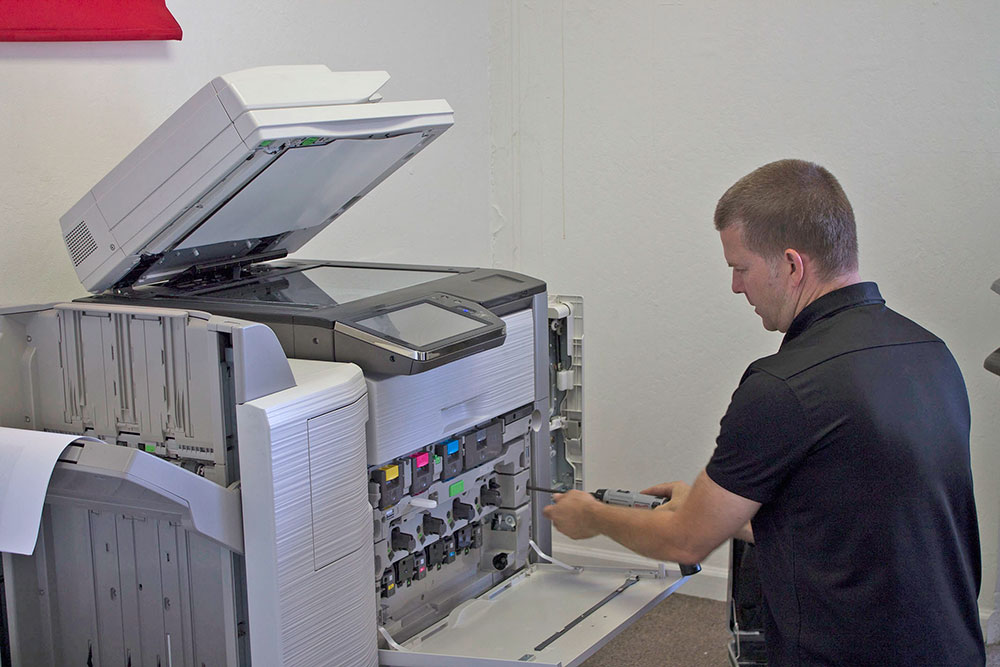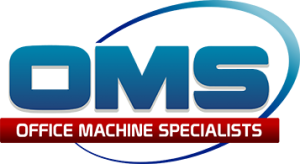
Selecting the right copier toner is crucial for achieving optimal results. The quality of your prints depends on various factors, including compatibility and overall toner quality. Choosing the wrong copier toner can lead to print quality issues and even damage your printer. In this beginner’s guide, we will explore everything you need to know about choosing the right copier toner. From understanding different types of toner cartridges, such as color and monochrome, to considering factors like page yield and cartridge series, we’ll help you make informed decisions for high-quality prints. Get ready to elevate your printing game with the right copier toner.
Understanding the Difference Between Printer Toner and Ink
Distinction between printer toner and ink
Printer toner and ink are two distinct substances used in different types of printers. It’s crucial to understand their differences when selecting the right copier toner for your printing needs.
Characteristics of printer toner
Printer toner is a fine powder that is used in laser printers. It is made up of tiny particles that are attracted to the charged areas on a drum within the printer. When heated, the toner adheres to the paper, creating text or images.
Characteristics of printer ink
On the other hand, printer ink is a liquid substance used in inkjet printers. It typically comes in cartridges filled with colored or black ink. The printer deposits tiny droplets of ink onto the paper to create text or images.
Importance of understanding the difference
Understanding the distinction between printer toner and ink is essential when choosing copier toner because they are not interchangeable. Using an incompatible toner can damage your printer and result in poor print quality.
Considerations for selecting copier toner
When choosing copier toner, consider factors such as:
- Compatibility: Ensure that the toner you select is compatible with your specific printer model.
- Print requirements: Determine whether you need color or black-and-white prints, as well as the volume of printing you’ll be doing.
- Quality: Look for high-quality toners that produce sharp, clear prints without smudging or fading.
- Cost-effectiveness: Consider both upfront costs and long-term expenses when comparing different options.
By understanding these differences and considering these factors, you can make an informed decision when selecting a copier toner that meets your printing requirements.
Exploring Different Types of Printer Inks: Dye-Based, Pigment-Based, and Solvent-Based
Dye-based ink is known for its vibrant colors that can make your prints pop. However, over time, these colors may fade due to exposure to light and environmental factors. If you’re looking to print photos or colorful documents that don’t require long-term preservation, dye-based ink could be a suitable choice.
On the other hand, pigment-based ink offers longevity and durability. It contains tiny particles that sit on top of the paper rather than being absorbed into it like dye-based ink. This makes pigment-based ink resistant to water and fading caused by UV rays. Although it tends to be more expensive than dye-based ink, it’s an excellent option for important text documents or prints that need to withstand the test of time.
Solvent-based ink is specifically designed for certain applications such as outdoor signage or industrial printing. It uses a solvent as a carrier for the colorants, making it highly resistant to water and weather conditions. Solvent-based inks are commonly used in large-format printers because they adhere well to various materials like vinyl or canvas.
When choosing between these different types of printer inks, consider your specific printing needs:
- For vibrant colors but temporary prints: opt for dye-based ink.
- For long-lasting prints with resistance against water and fading: go for pigment-based ink.
- For specialized applications like outdoor signage: choose solvent-based ink.
By understanding the characteristics and uses of each type of printer ink, you can make an informed decision based on your desired print quality and longevity requirements.
Laser Printers vs Inkjet Printers: Key Differences and Considerations
Understanding the differences between laser printers and inkjet printers is crucial. Both types of printers use different technologies for printing, each with its own set of advantages and considerations.
Laser Printers: Faster Speed and Sharper Text Output
Laser printers utilize a laser beam to transfer toner onto paper. They are known for their fast printing speed, making them ideal for offices with high-volume printing needs. The text output from laser printers is sharp and precise, making it suitable for professional documents.
Pros of Laser Printers:
- Faster printing speed
- High-quality text output
- Suitable for large volume printing
Inkjet Printers: Better Color Reproduction and Lower Upfront Costs
Inkjet printers work by spraying tiny droplets of ink onto paper. They excel in producing vibrant colors and are often preferred for photo printing or graphics-heavy documents. Inkjet printers usually have lower upfront costs compared to laser printers.
Pros of Inkjet Printers:
- Excellent color reproduction
- Ideal for photo printing
- Lower upfront costs
Understanding these differences between laser printers and inkjet printers can help you make an informed decision when selecting a copier toner. If your priority is fast, high-quality text output, a laser printer may be the better choice. On the other hand, if you require vibrant color reproduction or have a limited budget, an inkjet printer might be more suitable.
Consider factors such as your specific printing needs, office requirements, budget constraints, and time frame when deciding which type of printer to go for. By evaluating these aspects carefully, you can select the right copier toner that aligns with your unique requirements.
The Beginner’s Guide to Choosing the Right Copier Toner
Congratulations! You now have a solid understanding of the key factors to consider when choosing the right copier toner. By distinguishing between printer toner and ink, exploring different types of printer inks, and understanding the differences between laser printers and inkjet printers, you are well on your way to making an informed decision.
Now that you are armed with this knowledge, it’s time to put it into action. Take a moment to evaluate your specific needs and budget constraints. Consider the volume of printing you do, the type of documents you produce, and any special requirements you may have. With these factors in mind, confidently navigate through the wide range of copier toner options available in the market today.
Are you tired of copier malfunctions and toner troubles slowing down your business?
At Office Machine Specialists, we understand that a well-maintained copier is the heartbeat of a productive office. That’s why for over a quarter of a century, our family-owned business has been dedicated to perfecting the art of copier maintenance. We don’t just fix your machines; we elevate them to perform at their best, ensuring your office never skips a beat.
Choosing the right copier maintenance provider shouldn’t be a puzzle. Let our seasoned team of experts guide you with ease. We’re not just service providers; we’re your partners in productivity. From selecting the perfect copier toner to keeping your machines in pristine condition, we’re here to ensure that your copiers are more than just machines—they’re reliable members of your team.
Step into the future of office efficiency with Office Machine Specialists by your side. We’ve evolved alongside technology, mastering every leap from analog to digital, and we bring this expertise straight to your office. Imagine a world where copier issues are a thing of the past, and premium copier toner is a guarantee. Make the smart choice and let us be the secret to your seamless operations. Contact us now and witness the transformation in your office workflow. With OMS, it’s not just maintenance; it’s a promise of excellence.
